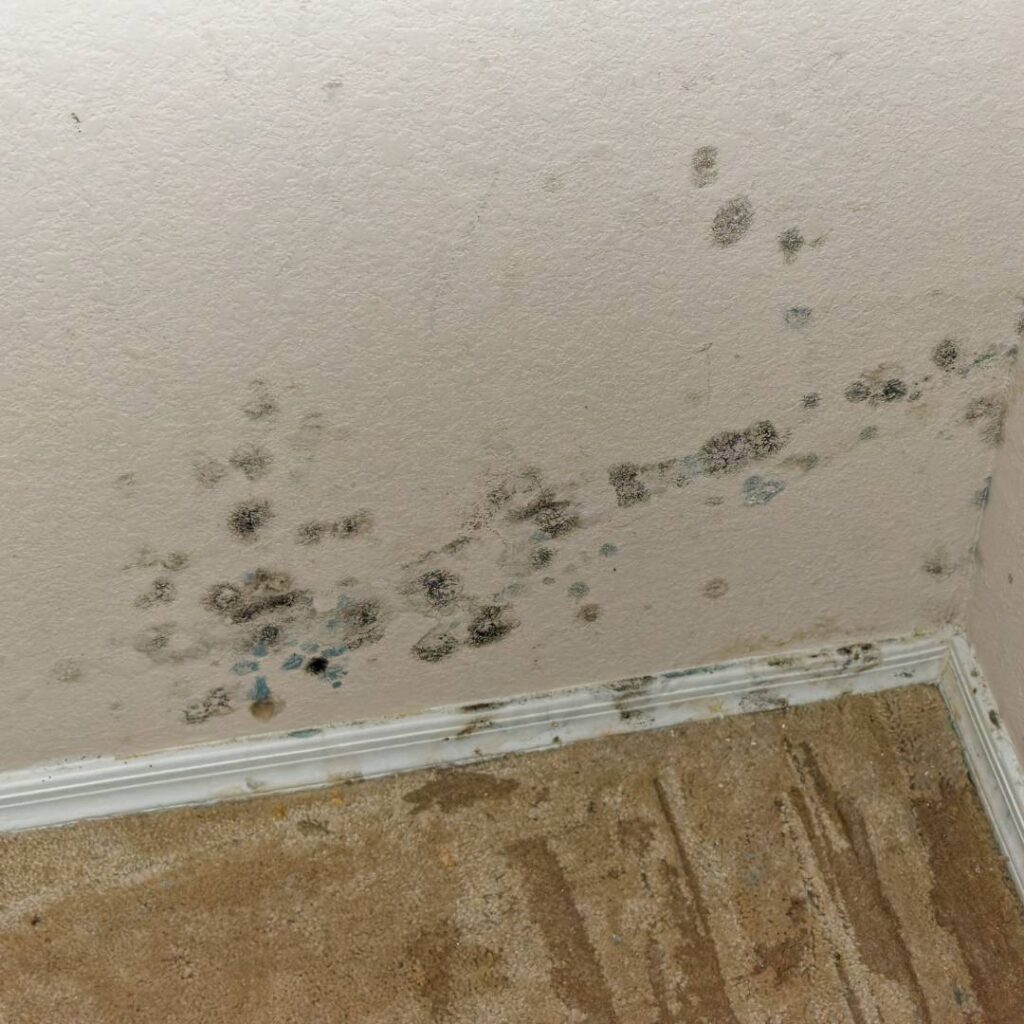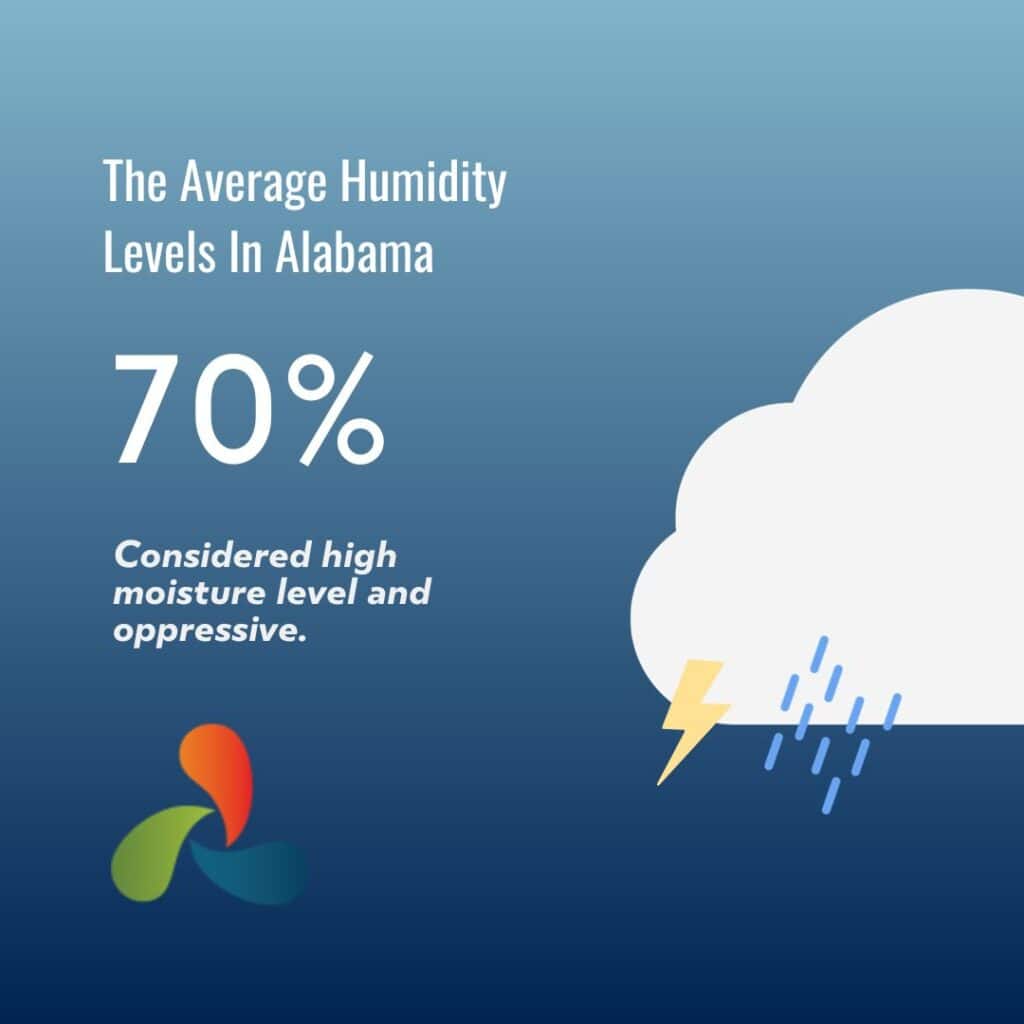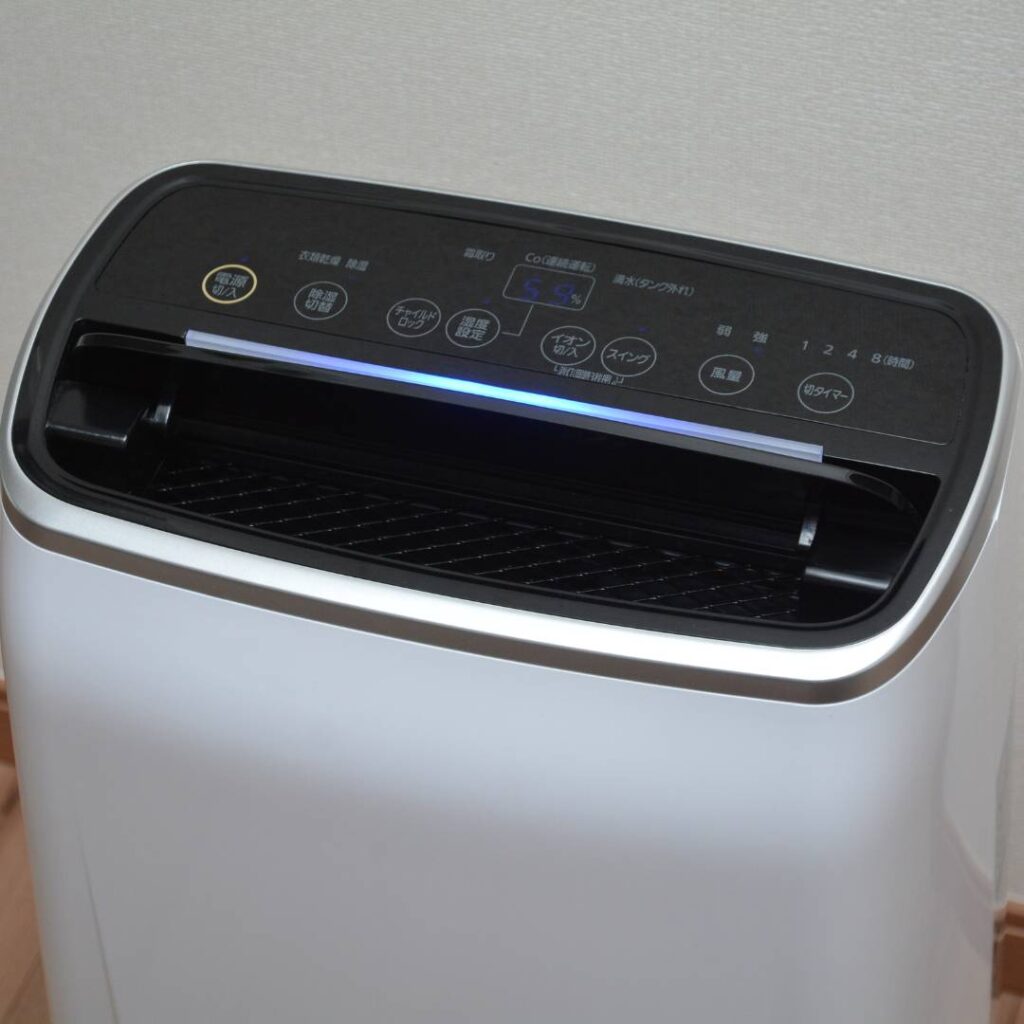As a homeowner in Alabama, it's important to be aware of the impact that humidity levels can have on the indoor air quality and health of your household. High humidity levels can not only make living spaces feel uncomfortable and stuffy, but can also lead to serious issues such as mold growth, wood rot, warped flooring, and a lot more!
So, today we're going to explore the specific challenges posed by high humidity levels in Alabama homes, explain the ideal humidity range for indoor spaces, and discuss methods for mitigating indoor humidity problems through your HVAC system and other solutions.
The Problem With High Humidity in Alabama Homes
Alabama is known for its hot and humid climate, and this can raise some specific challenges for homeowners when it comes to indoor humidity levels. High humidity can make living spaces feel muggy and uncomfortable, and can also pose serious health risks to household members with conditions like asthma or allergies, as moisture can encourage the growth of mold and other allergens.
On top of causing issues for your health, humidity is a breeding ground for many types of insects such as:
- Mosquitoes
- Cockroaches
- Spiders
- Millipedes
- Termites
Additionally, high humidity can damage homes themselves. For example, poorly-maintained HVAC systems can lead to moisture buildup and cause expensive damage such as warped flooring or rotting wood.

Understanding Ideal Humidity Levels
To ensure overall comfort and good health in Alabama homes, it's important to maintain the right indoor humidity levels. According to the American Society of Heating, Refrigerating, and Air-Conditioning Engineers (ASHRAE), the ideal humidity range for indoor spaces is between 30-60%.
This range allows for optimal comfort while minimizing health risks and preventing potential damage to the home.
Here in Alabama, the average humidity level is around 70%. Which creates lots of moisture in the air and can become oppressive.
To determine the humidity levels in your home, you can use a hygrometer, a device that measures the amount of moisture in the air. Some HVAC systems come equipped with these options as well. Lastly, you can also contact your local HVAC company and they will be able to test your humidity level as well.

Mitigating Humidity Problems with Your HVAC System
If your home is consistently registering higher than ideal humidity levels, one of the best solutions is to invest in a dehumidification system. As part of a humidity control AC system, they will help regulate indoor humidity levels and improve the overall air quality of your home.
For those living in more extreme climates like Alabama, investing in a whole-house dehumidifier can be especially beneficial. This device works with existing systems like furnaces or air conditioners to remove excess moisture from the air before it can spread throughout your house.
Dehumidifiers are also helpful for distributing cool air throughout your home during the summer months as well! By removing that extra moisture, these units make sure that the air feels cool and not wet and muggy.
Other Methods for Controlling Humidity in Alabama Homes
In addition to investing in a dehumidifier, there are several other strategies that can help reduce humidity levels in your home.
First, make sure to use exhaust fans in wet areas such as the kitchen and bathroom (especially when cooking or bathing), as this will remove steam from the air and improve ventilation. Additionally, try to keep all indoor areas well-ventilated by opening windows regularly to allow for fresh air circulation.
You should also ensure that any water damage is addressed promptly and that any exposed wood surfaces are treated with sealants. Lastly, be sure to clean or replace air filters often. This helps avoid dust buildup which can trap moisture in your HVAC system and spread throughout your home.
So to recap, the best ways to control humidity in your home is by:
- Installing a dehumidifier
- Use exhaust fans (especially in the kitchen and bathroom)
- Keep areas well-ventilated
- Address water damages
- Clean and replace air filters
- Seal doors and windows from leaks
- Inspect crawl spaces (These are high culprits for humidity)
By following these tips, you're on the right path to controlling your humidity levels.

Signs To Look Out For
Although humidity levels may vary depending on the region or season, there are some signs to look out for if your home is too humid.
These include:
- Condensation on walls and windows
- Musty odors
- Mold growth
- Wet spots in areas like crawl spaces or attics
- Your hair is more "frizzy" than normal
- Your pet smells worse than normal
- The air feels moist
If you're experiencing humidity problems in Huntsville, Alabama, our HVAC company's services include a range of options to help address these issues. Our team can assess your home's indoor air quality and recommend solutions such as air conditioning repairs or replacements, whole-home dehumidifiers, and air filters.
By supplementing your existing HVAC system with a separate dehumidification option, or by upgrading to a new energy-efficient air conditioner that includes built-in dehumidification, you can ensure that your home's indoor air quality stays comfortable and healthy all year long.
If you have any questions or are ready to access your home, get in touch with us today.

Controlling Humidity Levels In Alabama
Humidity can be a real problem here in Alabama. High levels of moisture can not only create discomfort but can also lead to health concerns and damage homes as well.
Fortunately, by understanding ideal humidity levels and investing in a dehumidifier system for your HVAC system, and following the tips we discussed, you can help mitigate these problems.
Keep in mind that humidity levels are always changing and it's important to stay proactive when it comes to maintaining the ideal balance of moisture for your home. When you do, you can help ensure a safe and comfortable living environment for everyone.
If you have questions about this topic, feel free to leave a comment down below or get in touch with us and we'll be sure to help you out!

